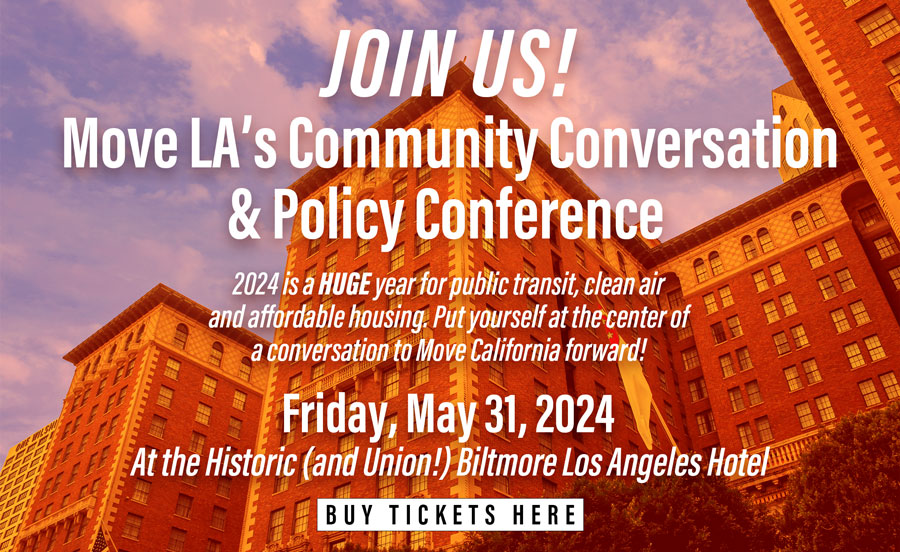California Governor Gavin Newsom is leading on efforts to fight against climate change, yet the Governor's transportation agency -- Caltrans -- is undermining critical climate action goals.
Reporting in the Los Angeles Times has revealed that over the summer, a Caltrans executive and former policy director for CalBike Jeanie Ward-Waller, exposed that a $280-million repaving project along a stretch of Interstate 80 was surreptitiously widening 3½ miles of the freeway while "at the same time top state officials were pledging to end traffic-inducing freeway expansions to help meet ambitious climate goals."
This is why we joined 60 organizations calling on Governor Newsom to show Californians -- and the nation -- that health, the environment, and the fight against climate change are a top priority.
Click ‘START WRITING’ to sign and send a direct message to Governor Newsom requesting accountability for Caltrans and allocating more funding for public transportation now.



